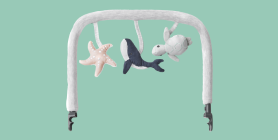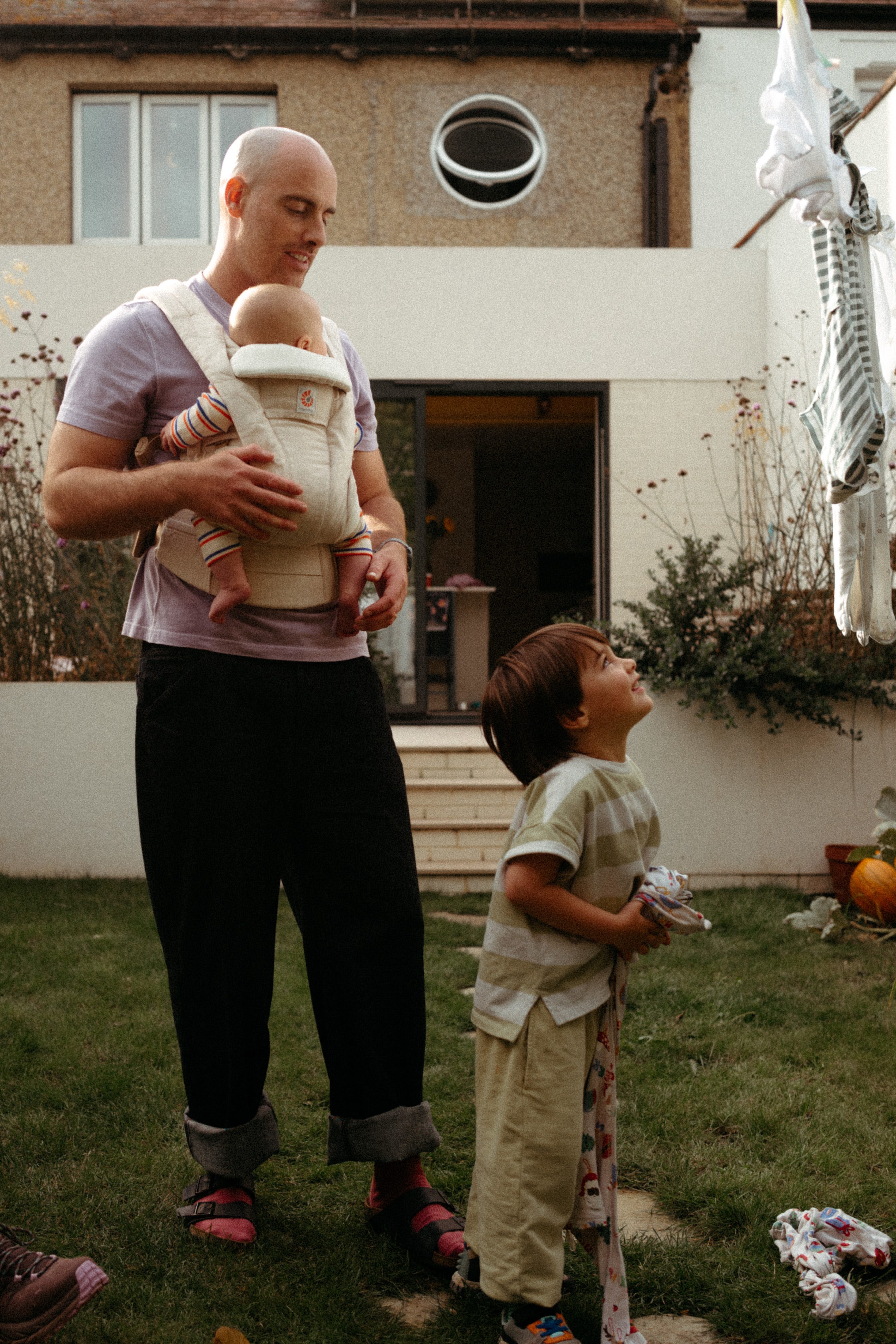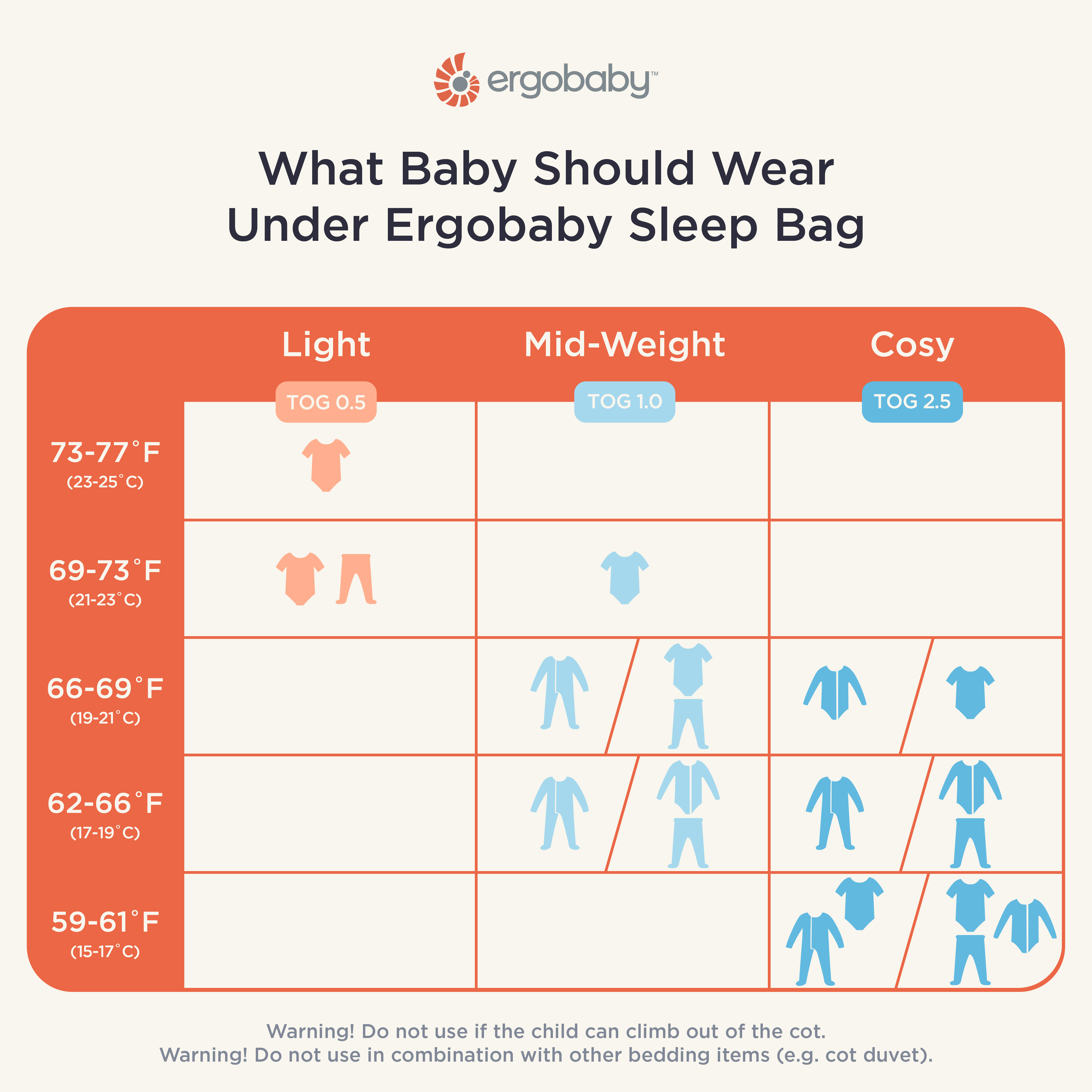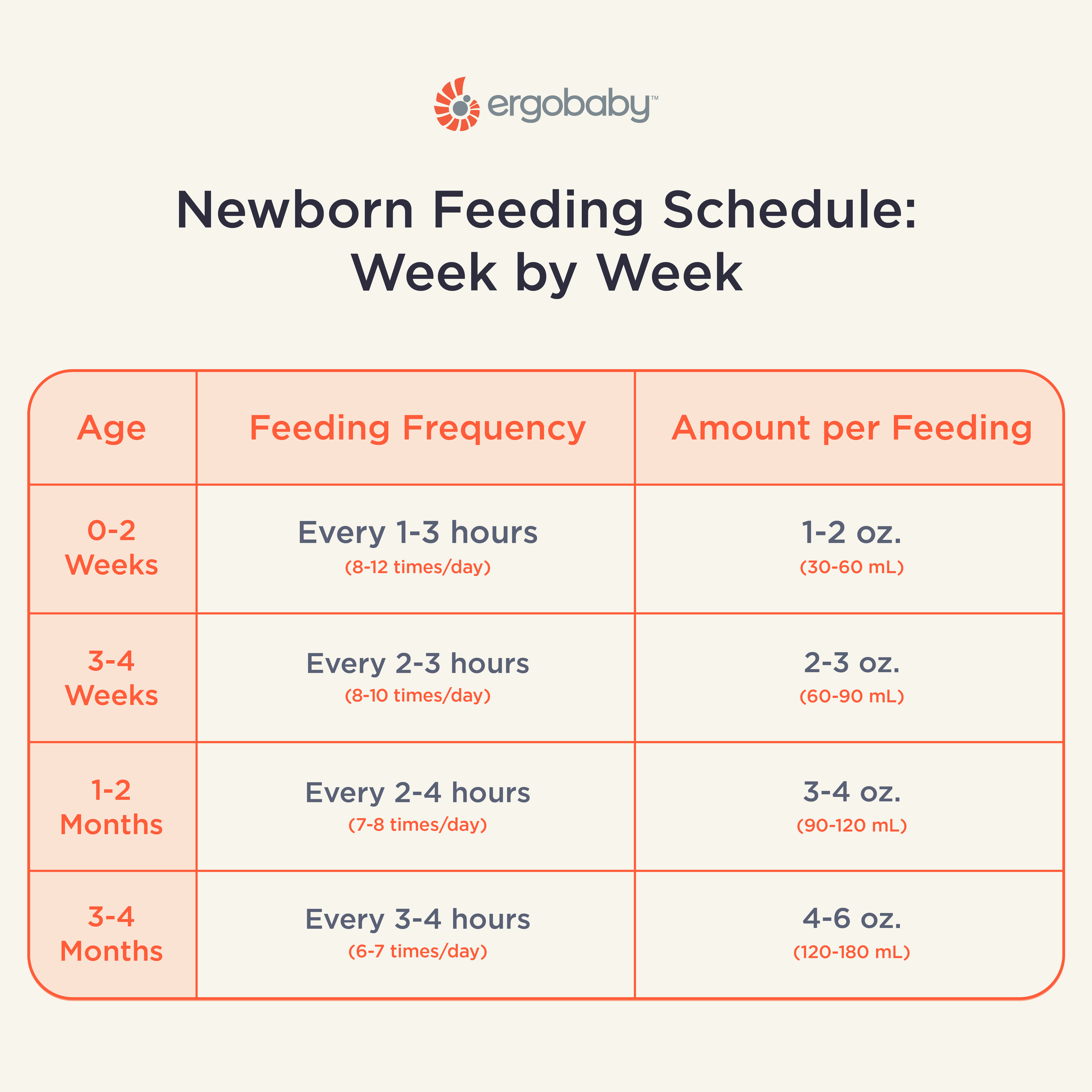LUMO
Can you use a baby carrier in a car?
Why Baby Carriers Are Not a Substitute for Car Seats
When you’re on the go with your little one, it might be tempting to use a baby carrier in the car for convenience. However, baby carriers and car seats serve entirely different purposes and should never be used interchangeably. In this article, we’ll explore why baby carriers are not safe for use in cars, the importance of car seats, and what you should do instead to keep your baby safe on the road.
Emotional Benefits of Getting Outside
Spending time in nature with your baby can strengthen the bond between you. The simple act of holding your baby close, feeling their warmth, and sharing new experiences together can create strong emotional connections. It’s also a wonderful way to reduce stress and improve your mood. When my littles were extra fussy, I’d take a walk around the neighborhood. Even though I don't live in an area with trails and surrounded by nature, simply behind outside changed
How to Relieve Back Pain from Carrying a Baby
Carrying your baby is a beautiful way to bond, but it can also take a toll on your back if done incorrectly. Many parents experience back pain from carrying a baby when the carriers are used improperly. The constant lifting, holding, and feeding positions can lead to muscle strain and discomfort.
If you're wondering how to relieve back pain from carrying a baby, you’re in the right place! In this guide, we’ll share practical solutions for pain relief, tips for preventing back strain, and when to seek medical advice.
Tips for How to Relieve Back Pain from Carrying a Baby
If you’re experiencing mid back pain from carrying a baby, or pain in your lower or upper back, here are effective ways to find relief:
1. Adjust Your Babywearing Posture
Wearing your baby incorrectly can strain your spine. When using a baby carrier, ensure:
✔️ Your baby is high enough to kiss the top of their head
✔️ Their legs are in an "M" position, with knees
Is your newborn baby crying when you lay them down? Don’t worry it’s totally normal!
It's no secret that babies need a lot of closeness and affection. Especially in the early months, when they have just arrived in the world. New parents know this all too well. So is your newborn baby crying when you lay them down? Whether it’s going to the bathroom, a quick shower, preparing a bottle or dinner - as soon as you put the little one down in the playmat or baby bouncer, they get upset. But why is that? And what can you do? Midwife and expert, Katrin Ritter, is here to help.
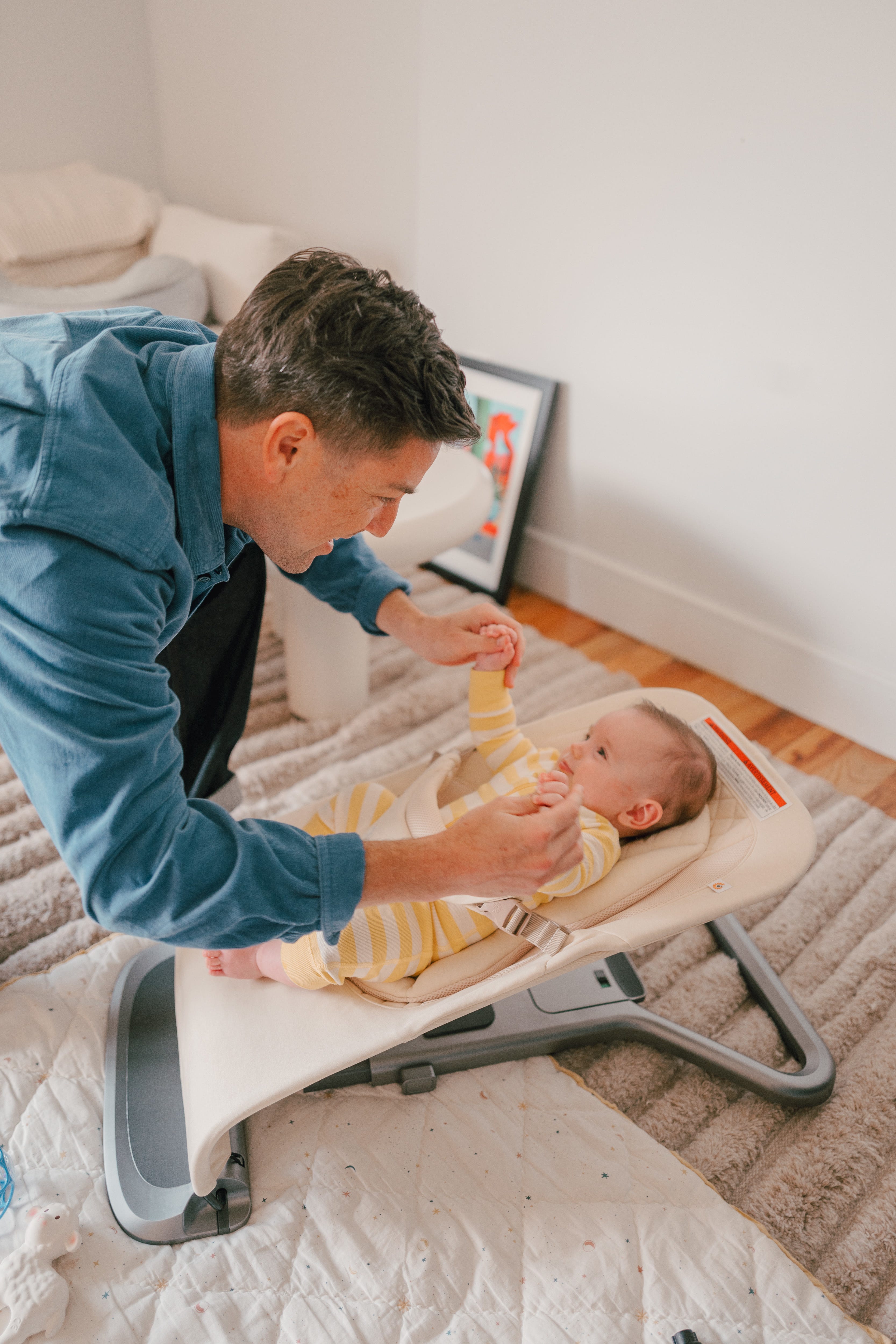

Baby cries when put down - why is that?
At Ergobaby, we always emphasize how important it is for your baby to be close to you. After all, newborns are used to the close confinement, warmth and sound of your heartbeat from the womb. Close physical contact is also extremely important so that the baby can build a secure bond with its caregivers. This is a basic need for your newborn baby. So, it's no wonder that your
Ergobaby Baby Carriers for Plus Size Parents: How to Find the Right Carrier
Babywearing for Every Body
One of the greatest things about babywearing is that it’s for every baby and every body. Finding the best baby carrier for plus size parents is all about fit, adjustability, and comfort—regardless of body shape or size.
At Ergobaby, we understand that every body is unique, which is why we’ve designed our carriers to be inclusive, adjustable, and ergonomic. Whether you’re looking for a plus size baby carrier for everyday errands, hiking, or snuggling your newborn at home, we’ve got you covered.
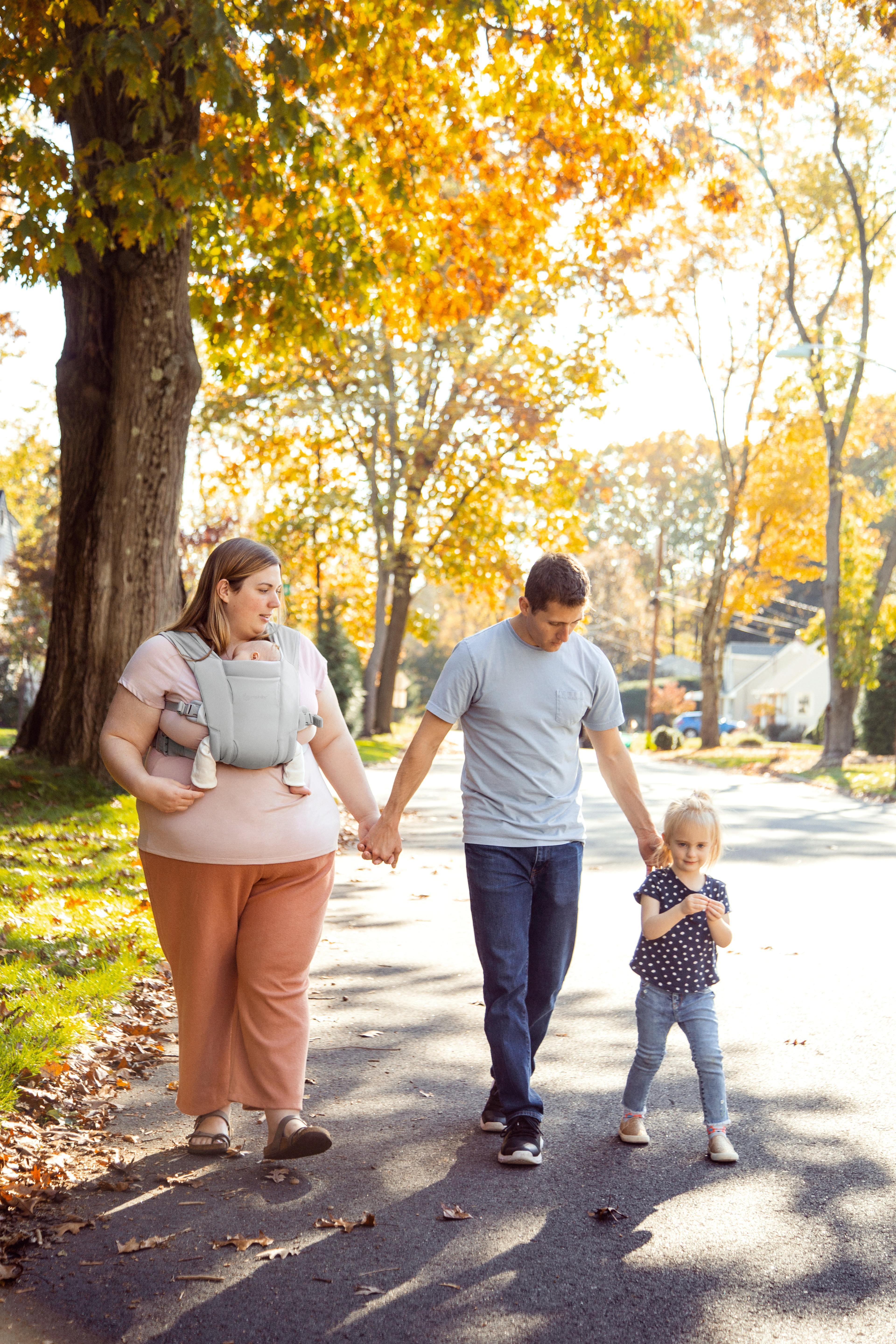

What to Look for in a Plus Size Baby Carrier
When choosing the best baby carriers for plus size moms or any plus size parent, here are a few key factors to consider:
1. Waistband Size & Adjustability
A longer waistband ensures a comfortable and secure fit. Since 2012, Ergobaby has increased the webbing length on all baby carriers to 55 inches, making our carriers more size-inclusive than
Winter nights can be tricky for parents wondering how to dress baby for sleep in winter. Balancing warmth and safety is important when you're looking to keep little one warm without overheating or blocking any airways. This guide covers everything you need to know, from choosing the right sleepwear to recognizing the signs your baby might be too cold. With these tips, you’ll create the perfect winter sleep routine for your baby.
How to Dress Baby for Sleep in Winter
The best way to dress your baby for sleep in winter is to use a combination of breathable layers and specialized sleepwear designed for cold weather. Babies can’t regulate their body temperature as efficiently as adults, so keeping them warm requires thoughtful planning which will help children sleep better. You’ll notice on some blankets and sleepwear there is a TOG rating. TOG stands for Thermal Overall Grade. It is a unit of measurement used to calculate the thermal insulation of a product, commonly used in the textile
A newborn feeding schedule is one of the first routines parents try to establish, and understanding how your baby’s needs change week by week can make this process smoother. From breastfeeding to bottle-feeding, this guide will help you create a feeding schedule for your newborn that supports their growth and development, while answering common questions and concerns.
Newborn Feeding Schedule By Age
Babies grow rapidly in their first few weeks, and their feeding habits evolve just as quickly. Here’s what you can expect during the early stages of your infant’s feeding journey.
Weeks 1–2: The First Days
In the first days of life, your newborn’s stomach is tiny, about the size of a cherry. They’ll need frequent feedings, usually every 1–3 hours, as they adjust to life outside the womb.
- Breastfeeding: Feed your baby 8–12 times in 24 hours. Each session might last 20–45 minutes, depending on your baby’s latch and hunger.
- Bottle-feeding: Start with 1–2 ounces of formula per feeding
It’s not uncommon for expecting parents to consider (ruminate over, perseverate on, agitate in…?) how their identity will fare when “me” becomes “we.”
At LUMO we’ve had thousands of conversations with clients about this very topic. And, while we can’t promise we’ve heard it all, we’ve definitely been privy to quite a mélange. We’ve heard: “I’m going to stay exactly the same. People have been having babies for thousands of years. It’s fine.”
“I see my friends with kids and they’re so ensconced. They’re not even the same person. Will that happen to me?”
“I’m worried that parenting is going to be so demanding that I won’t have enough energy for work and I’ll lose my professional footing.”
In short, many new parents worry that their managers, family members, coworkers, friends with kids, friends without kids… basically everyone will see and treat them differently. That feels scary. Another concern that emerges for people in partnerships is that their dynamic with their partner will change















